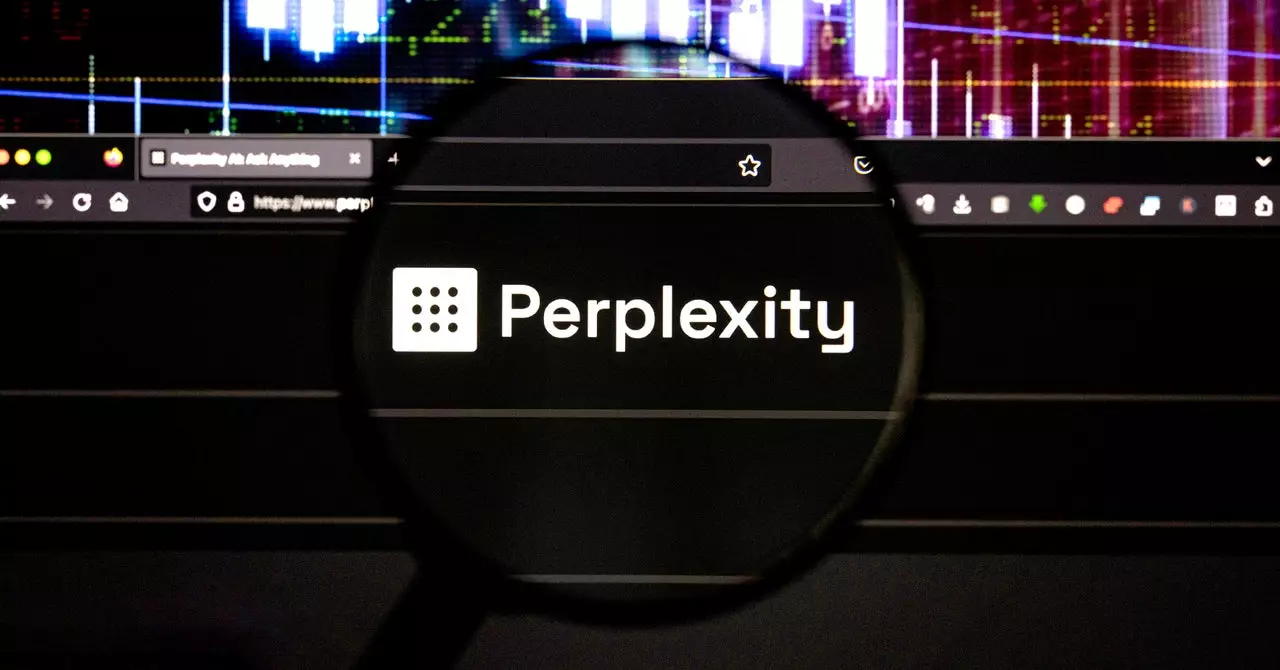Recently, Amazon’s cloud division launched an investigation into Perplexity AI, a startup known for its AI-powered search capabilities. The investigation was prompted by concerns that Perplexity AI may be violating Amazon Web Services rules by scraping websites that had explicitly prohibited such activity. This controversy has not only raised questions about Perplexity AI’s practices but also highlighted the broader issue of website scraping and the ethical implications associated with it.
One of the main issues at the center of the investigation is the Robots Exclusion Protocol, a web standard that allows website owners to specify which pages should not be accessed by automated bots and crawlers. While the protocol is not legally binding, it is considered a common practice in the industry. Most companies that use web scrapers have traditionally respected the Robots Exclusion Protocol as a way to prevent unauthorized access to their content. However, Perplexity AI’s alleged disregard for this protocol has raised concerns about the company’s commitment to ethical web scraping practices.
According to an AWS spokesperson, customers using Amazon Web Services are required to adhere to the robots.txt standard when crawling websites. Any violation of this standard could potentially be considered a breach of AWS’s terms of service, which explicitly prohibit customers from engaging in illegal activities. This raises questions about Perplexity AI’s compliance with AWS’s terms and the legality of its web scraping activities.
In addition to the concerns surrounding website scraping practices, Perplexity AI has also faced allegations of plagiarism. A recent report from Forbes accused the startup of stealing at least one of its articles. Subsequent investigations by WIRED confirmed the practice of scraping abuse and plagiarism by systems linked to Perplexity AI’s AI-powered search chatbot. These allegations have further tarnished the company’s reputation and called into question the integrity of its operations.
Following the investigation by WIRED, Perplexity AI’s CEO, Aravind Srinivas, responded by claiming that the questions posed by the media outlet reflected a fundamental misunderstanding of how Perplexity AI operates. Srinivas also attributed the unauthorized scraping activities to a third-party company that provides web crawling and indexing services. However, he refused to disclose the name of the company, citing a nondisclosure agreement. This response has done little to alleviate concerns about Perplexity AI’s practices and has only added to the controversy surrounding the company.
The controversy surrounding Perplexity AI’s website scraping practices raises important questions about the ethics of web scraping and the responsibilities of companies that engage in such activities. The allegations of plagiarism, violation of the Robots Exclusion Protocol, and non-compliance with AWS’s terms of service have cast a shadow over Perplexity AI’s reputation and called into question the legality of its operations. As the investigation continues, it remains to be seen how Perplexity AI will address these concerns and whether it will take steps to ensure ethical and legal web scraping practices in the future.


Leave a Reply